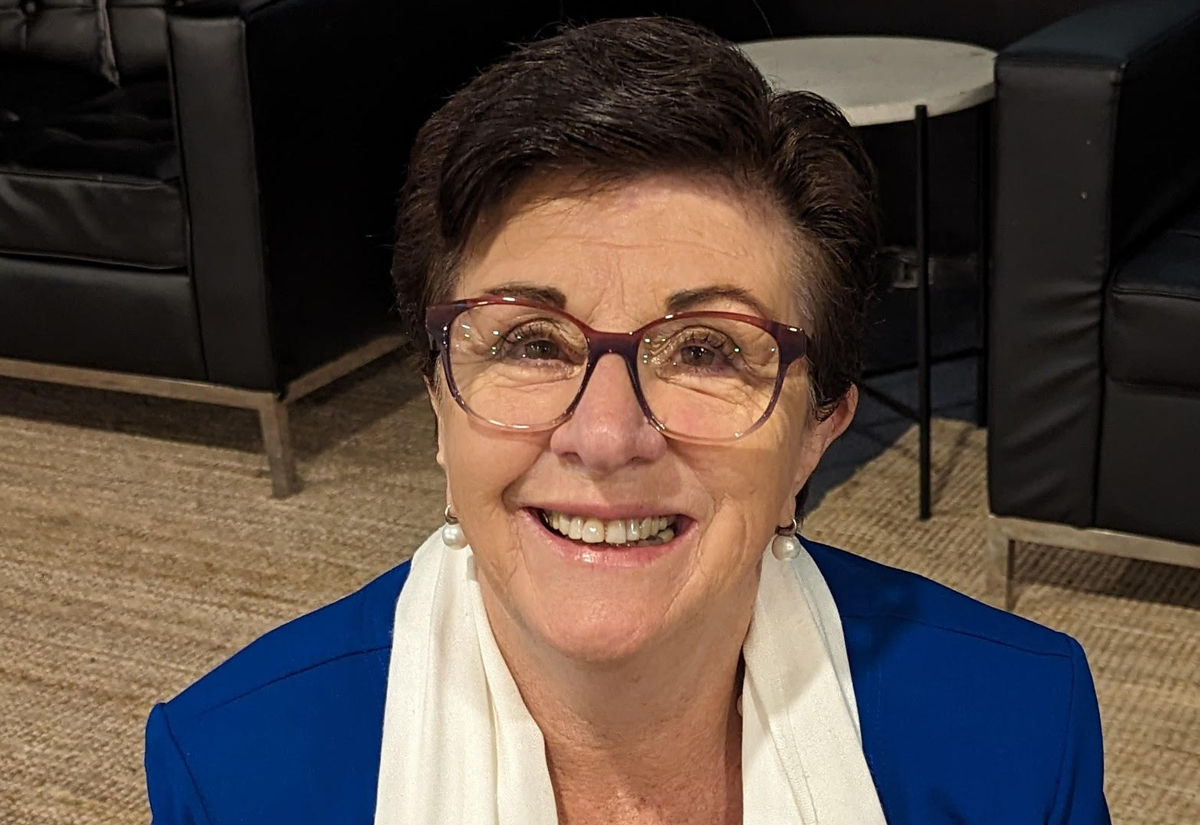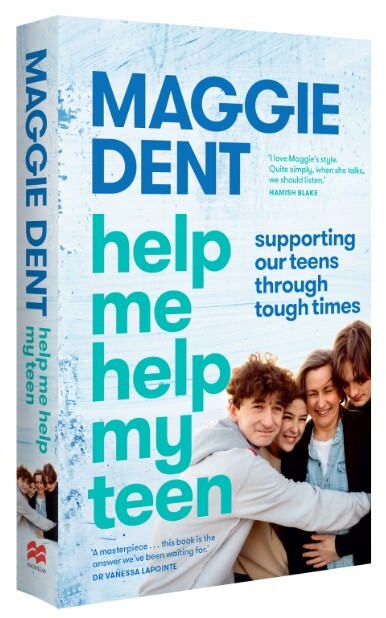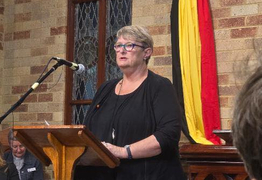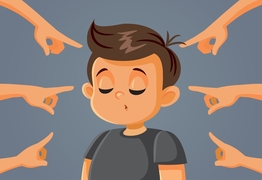Maggie helping today’s teens to thrive not just survive
Bugle Newsroom
26 April 2025, 3:00 AM

It seems that in our global, fast-paced digital world the generation gap has become more like a chasm - and one which seems to keep widening almost day by day.
With the introduction of AI, the changing landscape in the world of technology is moving faster than even tech experts can understand.
As with everything in technology, some of these changes and advances are helpful, and sadly some are not just harmful, they are outright damaging especially to our teens.
The statistics that show how our children and adolescents are struggling, especially with mental health, are increasingly more and more disturbing.
Not only that, mental health facilities are unable to cope with the increasing numbers of troubled and wounded teens, and our adolescent suicide rate is at a tragic an unacceptable level.
As a society we need to work out ways to bridge this generation chasm so that we can better support our teens on the biologically driven journey of change and transformation.
The journey to adulthood has always been bumpy and tweens and teens still need safe rails on the bridge to guide them.
Best-selling local author and parenting educator Maggie Dent has worked with, around and for adolescents her entire career since she began as a high school English teacher over 48 years ago.
She then became a full-time counsellor working with troubled teens and in later years is focused on helping those who live with and work with teens to offer them the support they need to help teens navigate the enormous transformation period of their lives.
There are many factors that are playing into the increasing fragility and vulnerability of today’s tweens and teens.
Some of those include a decrease in the amount of play in childhood, increased testing pressure in our school environments, busy parents due to the pressures of living, the arrival of screens and one of the major ones contributing to the increase in anxiety, the role of social media.
Just one of the developmental needs of teens is to be accepted and validated within their family and community, and especially from others of a similar age - to friends and peers.
Rather than happening in real time in neighbourhoods, around dining tables, with conversations on the bus, or in the car and even in our classrooms, this validation now needs to take place in the digital public eye (even better, to receive exposure across the world).
Sadly, for many digital natives parental acceptance and love has lost some of its potential to fill the hearts of our teens. Now they need the adulation of those in the ether – the more likes, shares, streaks, comments and positive emojis they get, the better they feel.
The reverse is they can feel crushed when few people give them public acknowledgement. Fame at any cost has become a powerful irrational drive. Many parents never experienced this as teens and can feel an invisible wall has been built that keeps them away.
There are many reasons why teens make poor choices, struggle with big emotions, feel swamped with self-doubt and self-loathing and that is considered within the realm of normal.
Few teens share their online activities, especially material that is harmful, hurtful and even cruel with their parents or their significant adult allies, called lighthouses. Many struggle in silence instead of seeking help, and when parents can be a safe base they can land on when they are struggling, quite simply lives can be saved.
Teen communication is very different to child–adult communication and a key element in Dent’s latest book Help Me Help My Teen is to provide scripts that can help parents have conversations that can open communication, rather than shut it down.
Dent featured in a recent excellent ABC series, The Role of a Lifetime, that is still available on ABC iView, which explored many of the key challenges that happen in our home.
It is an innovative series in terms of documentaries, because it includes experts, the voices of teens and the voices of others including Maggie’s.
Many families with tweens and teens have found it really helpful at opening up these conversations around some of the key worries that both teens and parents have.
Thanks to a survey of 2000 teens Dent knows what today’s teens want their parents to know.
A key message was: “teens value having parents who care – through the ups and downs of the unpredictable bumpy ride to adulthood.
“Just the same as they did when they were feisty four-years-olds striving for independence and autonomy in their unique, egocentric, immature ways – they still want connection despite all the stuff that confuses them and upsets them.”
Dent is bringing a seminar based on the book to Kiama on May 2. The seminar is suitable for parents, teens, teachers and anyone who works with teens. For more details, click here.

NEWS




